Kevin Kruse Cleared of Plagiarism Though Questions Remain
Plagiarism Today
OCTOBER 18, 2022
Kruse (@KevinMKruse) October 7, 2022. Kruse (@KevinMKruse) October 7, 2022. The report will stay confidential, but I've been allowed to share the following text: pic.twitter.com/ZEsdGJ70UM — Kevin M. Kruse (@KevinMKruse) October 7, 2022. link] — Kevin M. Thankfully, that process has concluded too.

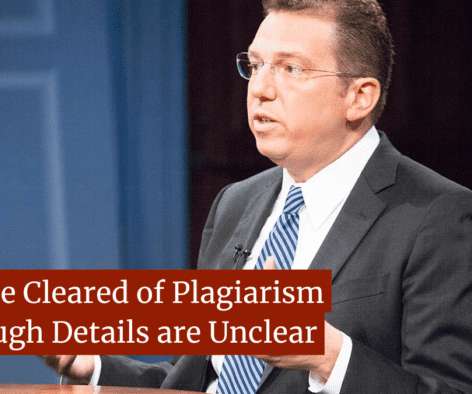
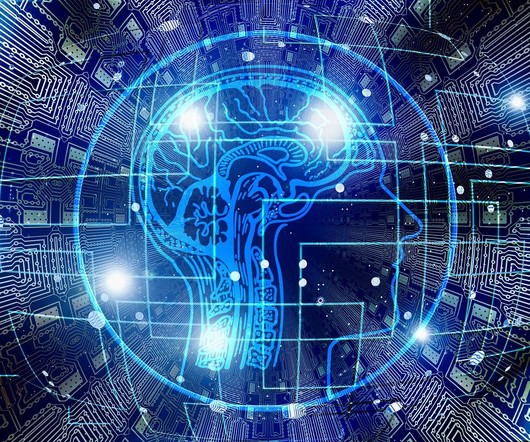

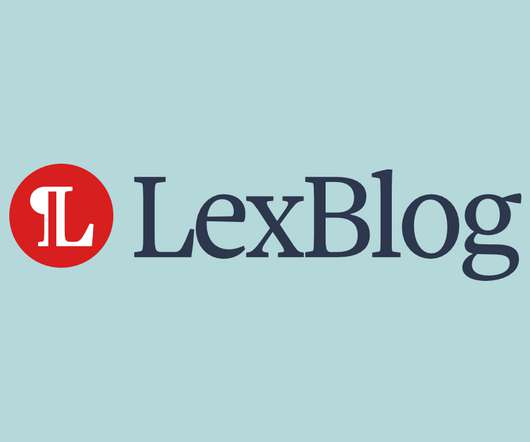

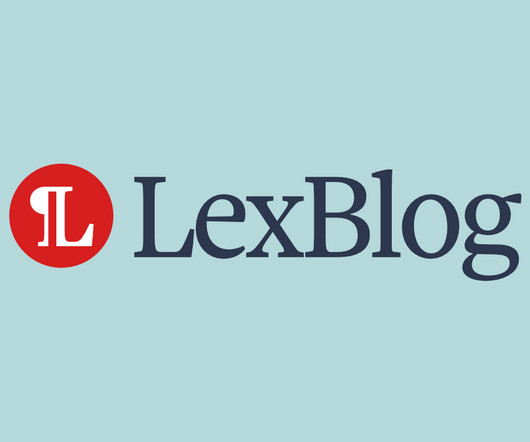



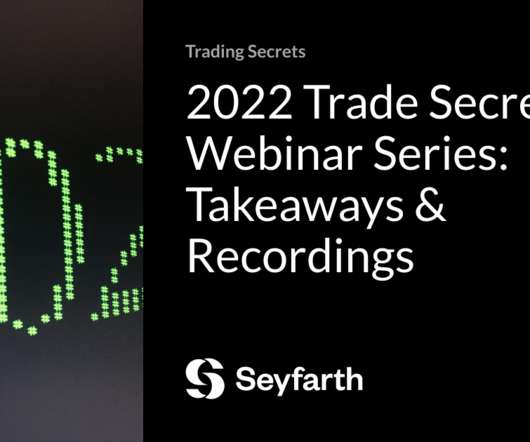

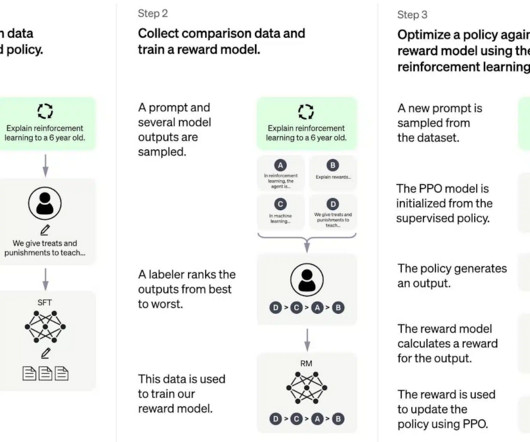
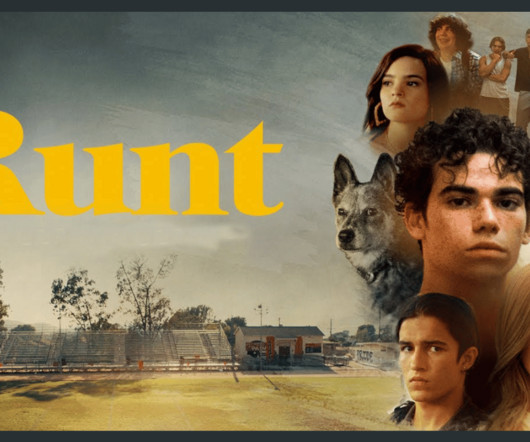






Let's personalize your content